|
|
|
|
🐝Welcome to the Spring Newsletter! Did you know that every year 20 May is celebrated as World Bee Day? This day calls for global action to support pollinator-friendly agricultural production and highlights the importance of protecting bees and other pollinators.
|
Below are some highlights of what you will find in this seasonal edition:
|
- New IPSI Members
- International Day for Biodiversity symposium promotes the Satoyama Initiative
- AIRI forum on the Roles of the University in Rural Revitalisation
- Call for papers for the Global Development Conference
- And more
Contact us to submit case studies and news about your activities.
|
|
|
|
|
|

|
|
The International Day for Biodiversity (IDB) is celebrated every year on the 22 of May to not only celebrate our world’s biodiversity but also increase understanding and awareness of biodiversity issues. For this year, the Convention on Biological Diversity (CBD) chose the theme “From Agreement to Action: Build Back Biodiversity” to mark the adoption of the Kunming-Montreal Global Biodiversity Framework and shift focus to its implementation—from agreement to action.
|
|
IPSI's Role in Biodiversity Conservation Promoted at International Day for Biological Diversity Symposium
|
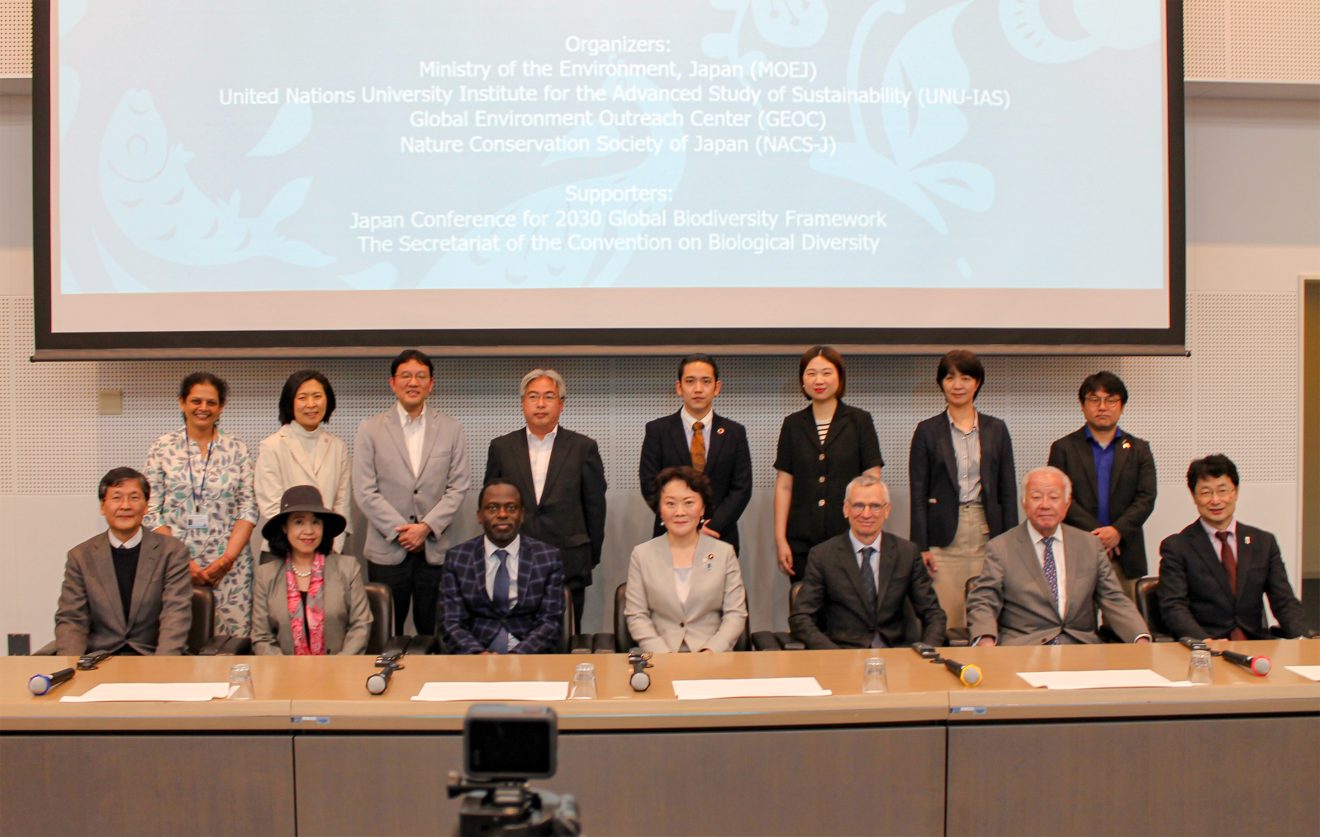
|
Photo: Yusuke Yasuda/UNU-IAS
|
|
On 15 May 2023 the United Nations University Institute for the Advanced Study of Sustainability (UNU-IAS), host of the IPSI Secretariat, co-organised a symposium to celebrate IDB. The event was co-organised with the Ministry of the Environment Japan (MOEJ), the Global Environment Outreach Centre (GEOC), and the Nature Conservation Society of Japan (NACS-J), with the support of the Japan Conference for 2030 Global Biodiversity Framework (J-GBF) and the Secretariat of the Convention on Biological Diversity (SCBD).
|
|
|
|
|
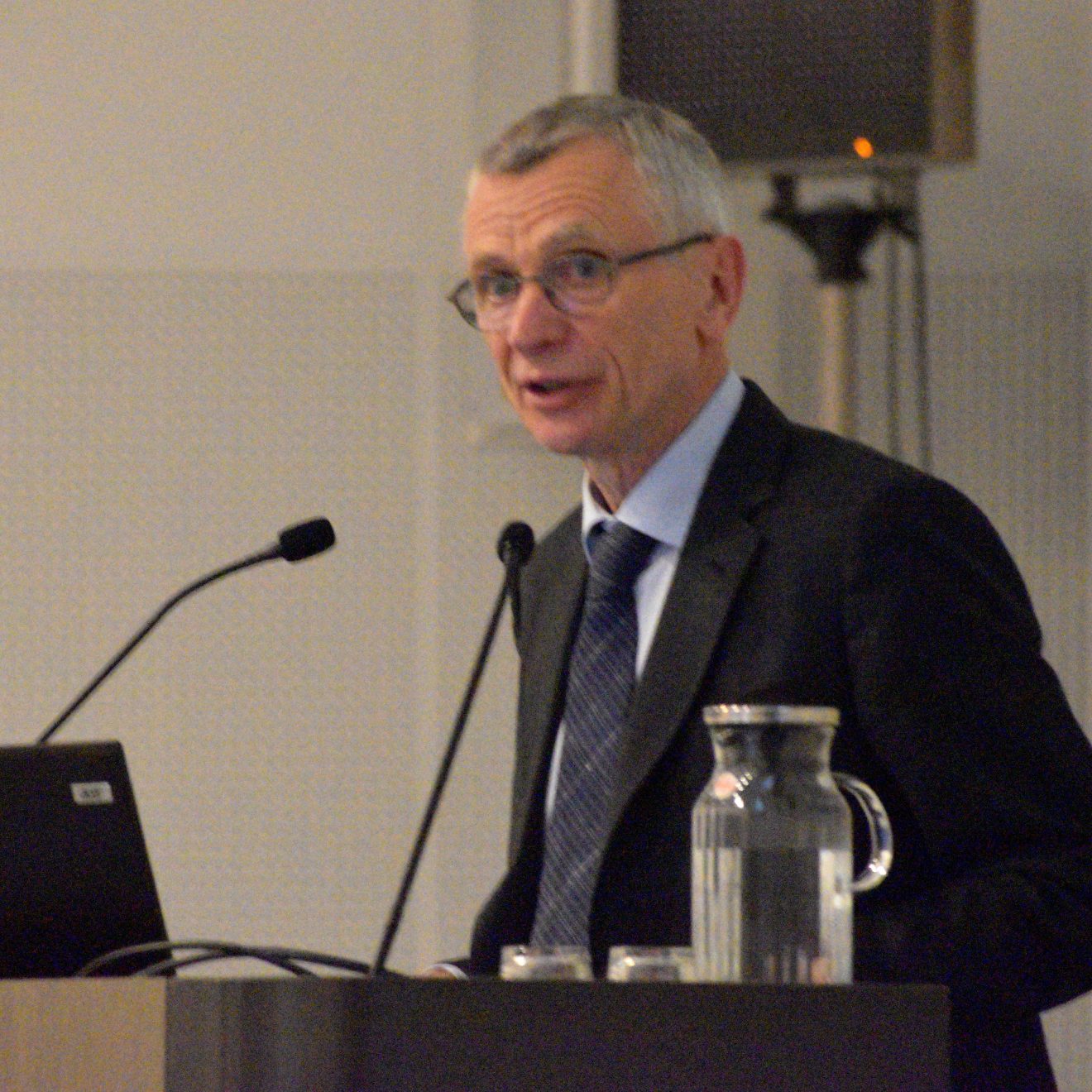
|
David Cooper (Acting Executive Secretary of the Secretariat, CBD).
Photo: Yusuke Yasuda/UNU-IAS
|
Several speakers at the event underscored IPSI as an important contributor to the Global Biodiversity Framework, recognizing it as a vital community-driven global initiative for biodiversity conservation and sustainable development.
|
|
David Cooper, the Acting Executive Secretary of the Secretariat of the Convention on Biological Diversity, acknowledged the challenges posed by the new framework but also emphasized its achievability. Cooper encouraged symposium participants to take action at all levels and in every sector to conserve biodiversity. Cooper recognized that the Satoyama Initiative “can have a favouring hand in supporting Target 1 of the new framework”.
|
|
|
|
|
“Ensure that all areas are under participatory, integrated and biodiversity inclusive spatial planning and/or effective management processes addressing land- and sea‑use change, to bring the loss of areas of high biodiversity importance, including ecosystems of high ecological integrity, close to zero by 2030, while respecting the rights of indigenous peoples and local communities.”
|
|
|
|
|
Kazuhiko Takeuchi, President of the Institute for Global Environmental Strategies, praised IPSI for its efforts in promoting OECMs globally while advancing integrated solutions for climate change, biodiversity, desertification, and the SDGs.
|
|
The symposium also featured a panel discussion on linking global policies and local action, as well as engaging diverse stakeholders, including youth, in policymaking.
|
|
|
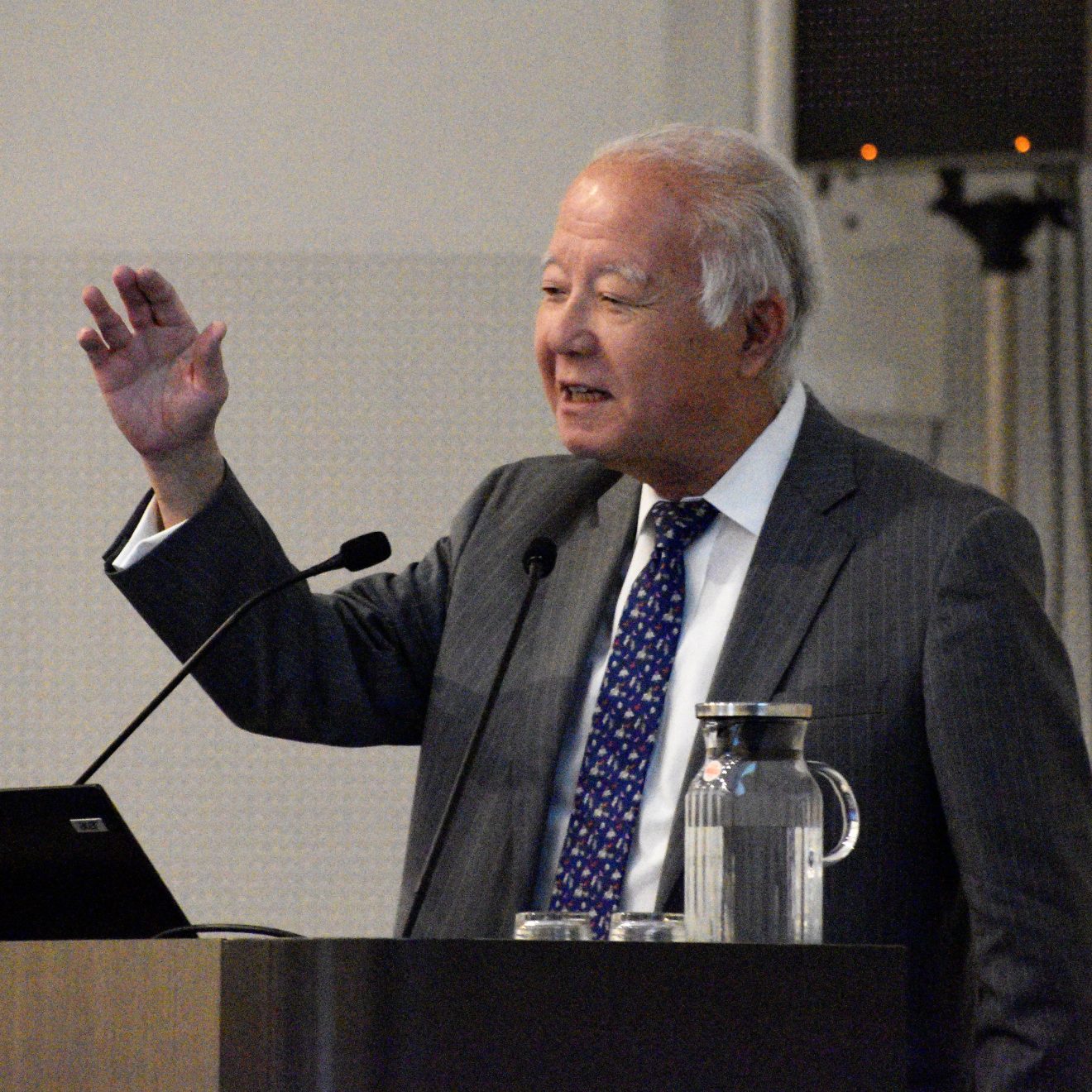
|
Kazuhiko Takeuchi (President, IGES).
Photo: Yusuke Yasuda/UNU-IAS
|
|
|
Suneetha Subramanian, Research Fellow at the IPSI Secretariat, spoke of the Satoyama Initiative's significant role in biodiversity conservation in socio-ecological production landscapes and seascapes (SEPLS). “The Satoyama Initiative, when it started in 2010, was a trendsetter because it broke free from the top-down approach that was still then for biodiversity policy. It was advocating to look at actions in the ground to inform policymaking.”
|
|
Given its experience and success in promoting community-led biodiversity conservation in SEPLS, the Satoyama Initiative is well positioned to contribute to biodiversity policymaking or policies. By recognizing the value of local knowledge, practices, and ecosystems, the initiative provides a valuable model for integrating local perspectives and traditional practices into broader biodiversity strategies. This bottom-up approach enables more inclusive and context-specific policy development, enhancing the effectiveness and relevance of biodiversity conservation efforts worldwide.
|
|
|
|
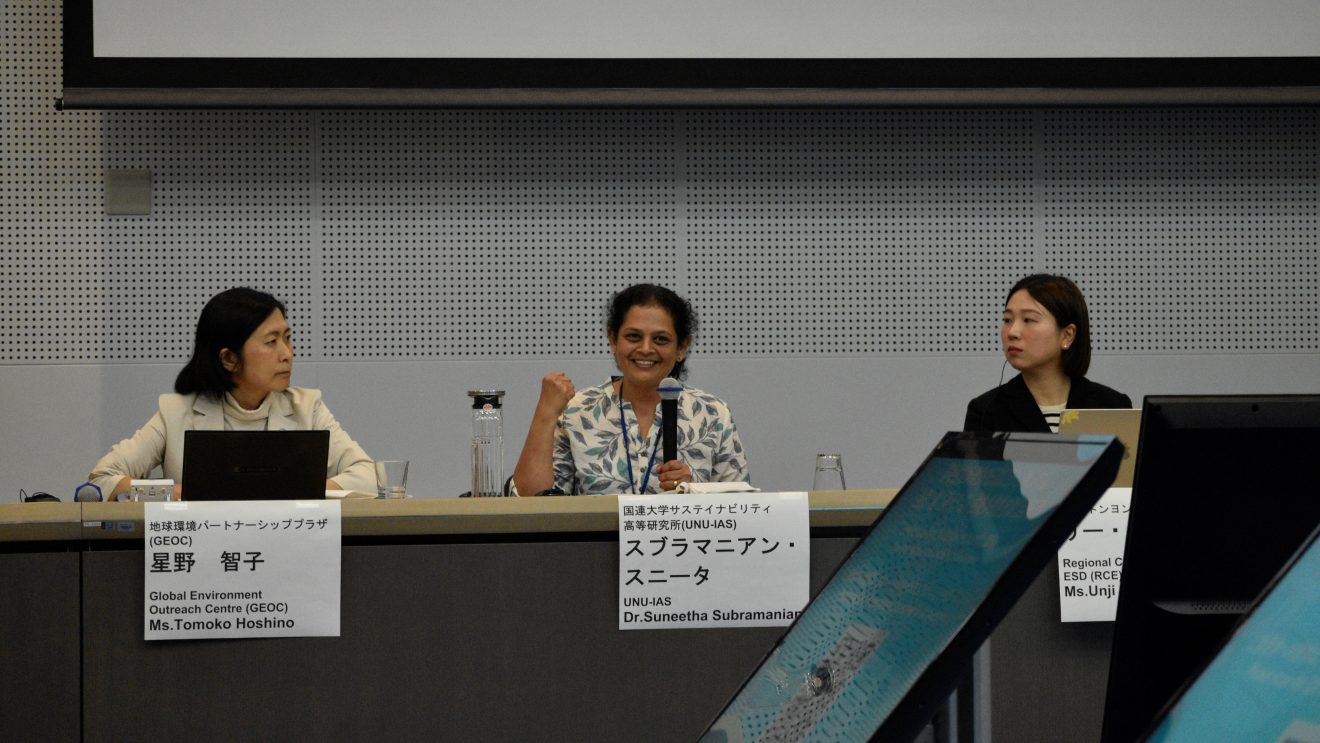
|
Suneetha Subramanian (Research Fellow, IPSI Secretariat). Photo: Yusuke Yasuda/UNU-IAS
|
Subramanian also shared insights from participating in the UN Biodiversity Conference (CBD COP15) and UN Climate Change Conference (COP27). She noted that while discussions on biodiversity often incorporate climate outcomes, the integration of biodiversity considerations within the climate arena is still underdeveloped. Currently, the focus primarily revolves around examining the drivers of climate change, with limited attention given to understanding how actions taken for biodiversity conservation and ecosystem restoration can positively impact climate change mitigation and adaptation.
|
|
Read more about the symposium at the UNU-IAS website.
|
|
|
|
|
|
Youth Biodiversity Art Exhibition at UNU
|

|
From 15 May until 15 July 2023, an exhibition is being held at the Global Environment Outreach Centre at the United Nations University in Tokyo, Japan, showcasing a number of the awarded artworks from the 2022 RCE Youth Biodiversity Art Challenge.
|
Entries consisted of drawings, paintings, craft work, digital art, and photographs across two categories: 'Animals & Plants' and 'Habitats & Ecosystems' (take a look at the artworks in this video featuring the awardees).
|
|
The exhibition is open to all and is free to attend; no registration is required.
|
|
|
|
|
|
Welcome New Members!
|
Non-Governmental or Civil Society Organisations
|
United Nations or Other Intergovernmental Organization
|
|
|
|
|
|
Call for Papers: Global Development Conference on Biodiversity and Sustainable Development
|

|
📢The upcoming Global Development Conference 2023 has opened a call for papers and sessions. The conference will take place on October 31 – November 1, 2023 in Quito, Ecuador. Send in your abstract or session proposal!
|
|
They invite papers and sessions that address one of the conference sub-themes, as outlined in the Concept Note. The calls (in English and Spanish) can be viewed here. The deadline for submitting abstracts for the Call for Papers is May 31, 2023. Session proposals are welcome till June 30, 2023.
|
|
|
|
|
|
Programme Associate, Postgraduate Degrees and Training
|
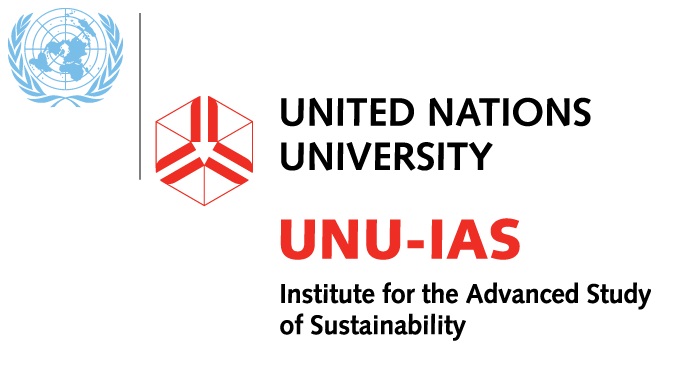
|
👩💻The United Nations University Institute for the Advanced Study of Sustainability (UNU-IAS) is looking for a Programme Associate for its Postgraduate Degrees and Training. For a full job description, go to the UNU-IAS website.
|
|
Application Deadline: 15 June 2023 (UTC)
|
|
|
|
|
|
|
|
BBC Travel Features IPSI Secretariat Expert Comments on Satoyama Landscapes
|
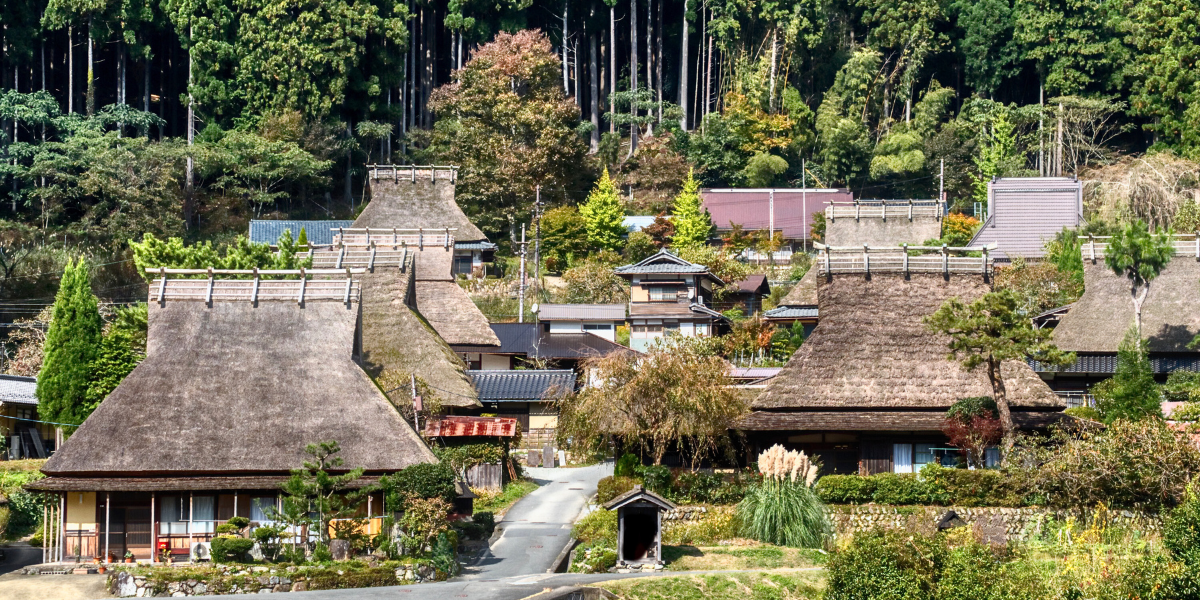
|
On 18 May 2023, BBC Travel published an article on the Miyama region in Japan, which is an example of satoyama — places where human settlements (sato) meet the mountains (yama) to form ecosystems where people and nature live in harmony. Highlighting traditional local practices such as thatching, the article explores the rural community’s “culture of self-sufficiency” in which agriculture and forestry still provide the livelihoods of many residents.
|
Maiko Nishi, Research Fellow at the IPSI Secretariat, provided comments on the concept of satoyama and the role of sustainable tourism in revitalising such landscapes.
|
|
“This term [satoyama] is used to describe landscapes that comprise a mosaic of different ecosystem types including secondary forests, agricultural lands, irrigation ponds and grasslands, along with human settlements,” explained Maiko Nishi, a research fellow at the United Nations University Institute for the Advanced Study of Sustainability in Tokyo. “The core notion of a satoyama is of societies in harmony with nature.”
|
|
Nishi, the research fellow, confirmed that satoyama’s decline is widespread throughout Japan, a nation with one of the world’s oldest populations. In this context, “sustainable tourism is one of the major strategies to revitalise these landscapes”, she said – and one that is being embraced by the government.
|
|
|
|
|
|
|
|
Bridging Knowledge and Action: the Roles of the University in Rural Revitalisation
|
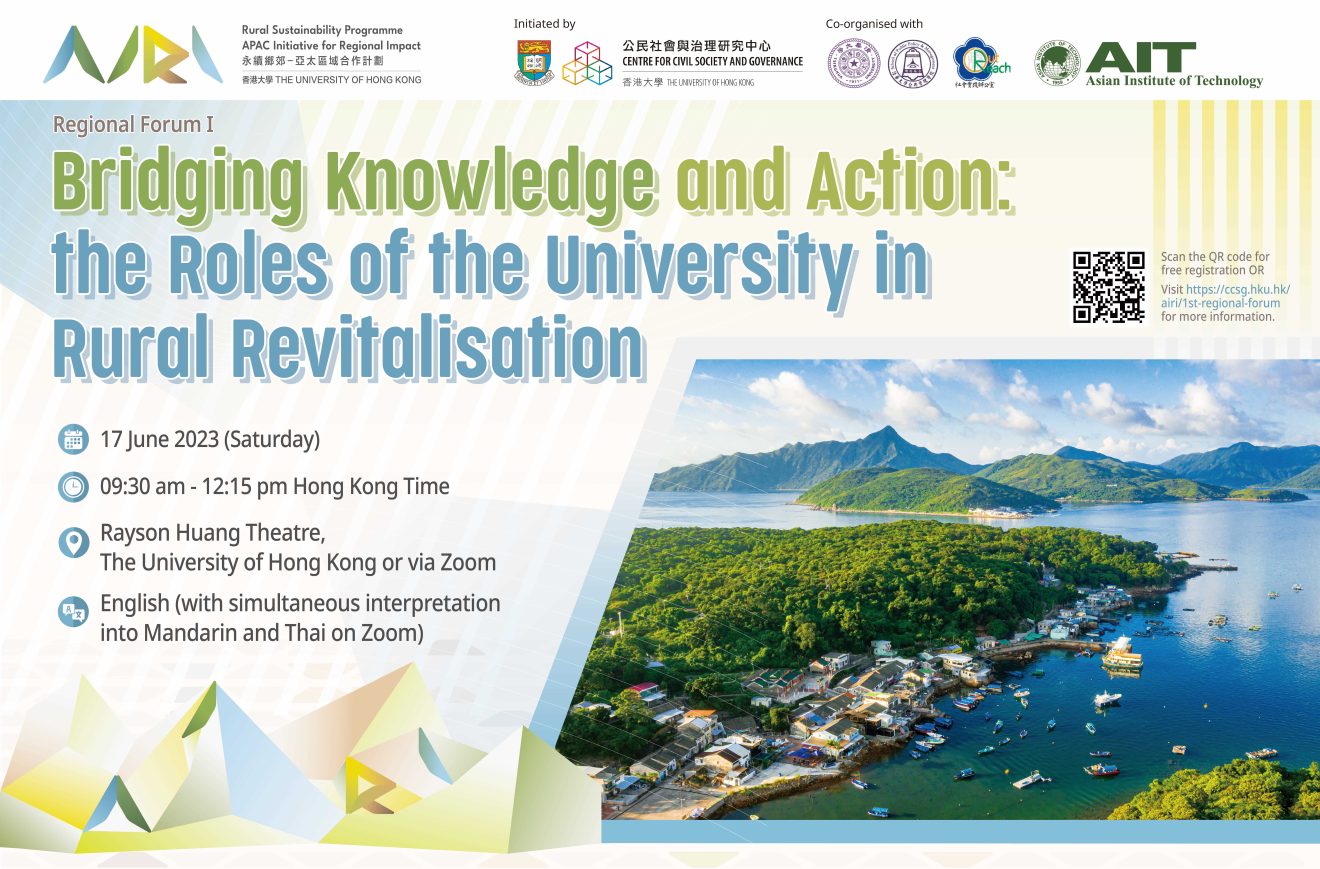
|
IPSI member, the University of Hong Kong, presents the regional forum "Bridging Knowledge and Action: the Roles of the University in Rural Revitalisation." Learn from leading experts from Asia as they discuss how universities can drive rural revitalisation by integrating knowledge and resources from different fields, promoting urban-rural partnerships, as well as incubating local talents and changemakers.
|
|
17 June 2023 / Online and in person
|
|
9:30 am – 12:15 pm Hong Kong Time
|
|
|
|
|
|
|
|
|
|
Youth participation in the restoration of socio-ecological production landscapes and seascapes (SEPLS) towards sustainability in oceanic islands – Penghu
|
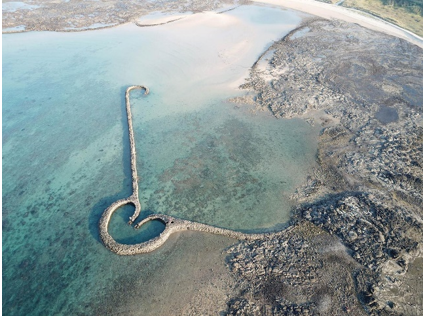
|
Single pool stone weir/
|
Recent case study submitted by Soil and Water Conservation Bureau (SWCB) Council of Agriculture Executive Yuan, R.O.C.
|
The Penghu Islands in Chinese Taipei have a rich marine life and cultural heritage. The local government and organizations are collaborating to restore and promote sustainable practices in the region's SEPLS. Human activities, such as fishing using stone weirs, interact with natural systems to produce goods and services. Restoring and managing these landscapes is crucial for biodiversity conservation, ecosystem services, and preserving local livelihoods and cultural heritage. Involving the younger generation is particularly important to ensure long-term success.
|
|
Engaging youth in these efforts cultivates environmental stewards who will safeguard natural resources and cultural heritage for future generations. Youth participation is a fundamental pillar for the initiatives' long-term success. The Penghu Islands' youth engagement serves as a model for promoting sustainable development and preserving resources for the future.
|
|
|
|
|
|
|
|
|

|
Let us know if there are any changes in your e-mail address or contact information.
Secretariat of the International Partnership for the Satoyama Initiative
United Nations University Institute for the Advanced Study of Sustainability (UNU-IAS)
5–53–70 Jingumae
Shibuya-ku, Tokyo 150-8925
Japan
Tel: +81 3-5467-1212
Fax: +81 3-3499-2828
Email: isi@unu.edu
If you have been forwarded this newsletter and would like to SUBSCRIBE, you can do so on the IPSI website here.
|
   
|
|
|
|
The activities of the IPSI Secretariat are made possible through the financial contribution of the Ministry of Environment, Government of Japan
|
|
|
|
|
|
|
|